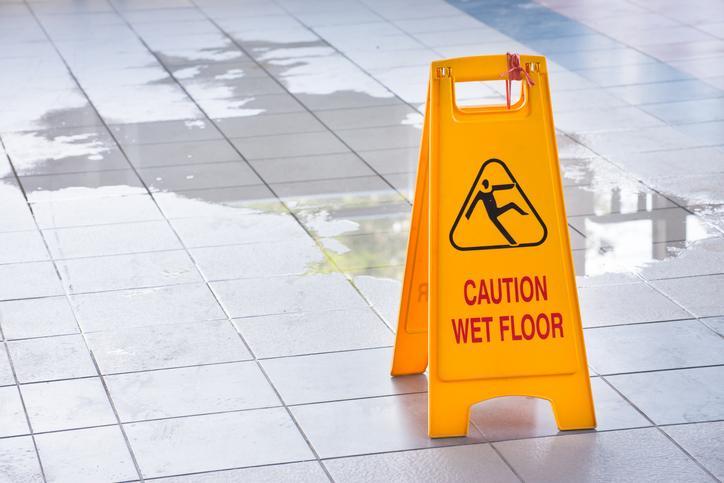“Slip and fall” is a broad term used to describe injuries sustained in an accident on private or public property. When such an accident occurs because of unsafe conditions, the property owner or occupant may be held responsible for the victim’s medical bills and other resulting losses and expenses.
In a premises liability lawsuit, the fact that you slipped and fell does not speak for itself. You must prove that your injuries were a direct result of the property owner’s or occupant’s negligence in failing to correct or to warn about a hazard. You should also be prepared to face a number of obstacles along the way. Here are five of the most common hurdles that injured parties must clear:
- The statute of limitations — In Florida, the time limit for bringing a slip-and-fall lawsuit is four years from the date of the accident. For certain reasons, the time limit may be tolled (that is, extended), such as when the property owner is in hiding or using a false identity.
- Comparative negligence — Florida law provides that liability for an accident is shared according to each party’s degree of fault. For example, if there was a visibly damaged walkway on the property but you walked on it anyway and fell, you may be found to be 25 percent at fault, and your damages would be reduced by that percentage.
- The “open and obvious” defense — As a visitor to another person’s property, you are expected to exercise a reasonable degree of caution but the owner or occupant must warn of hidden dangers. A defense to a slip-and-fall lawsuit is that the hazard was so open and obvious to a reasonable person that there was no obligation to warn. However, this defense will fail if, under the circumstances, the owner or occupant should have anticipated that an injury would occur.
- Property not controlled by the defendant — Property owners and occupants may only be held responsible for accidents that occur on property they control. If you slip and fall at a convenience store operated by a tenant or franchisee, you can sue the tenant or franchisee but you cannot hold the property owner directly responsible. However, the tenant or franchisee may sue the property owner for contribution, and the owner may have insurance covering that contingency.
- Recreational use immunity — Florida’s recreational use statute protects property owners who open up their private property to the public without charge, even if dangerous conditions on the property lead to injury. The property owner may be held responsible only if it can be proved that there was intentional and/or malicious conduct involved.
If you’ve suffered an injury in a slip-and-fall accident in Florida, please contact the Largey Law Firm in Tavares. As seasoned personal injury lawyers, we known how to build a winning case and how to overcome obstacles to get you the compensation you deserve. Schedule a free Skype or in-person consultation by contacting us online.


